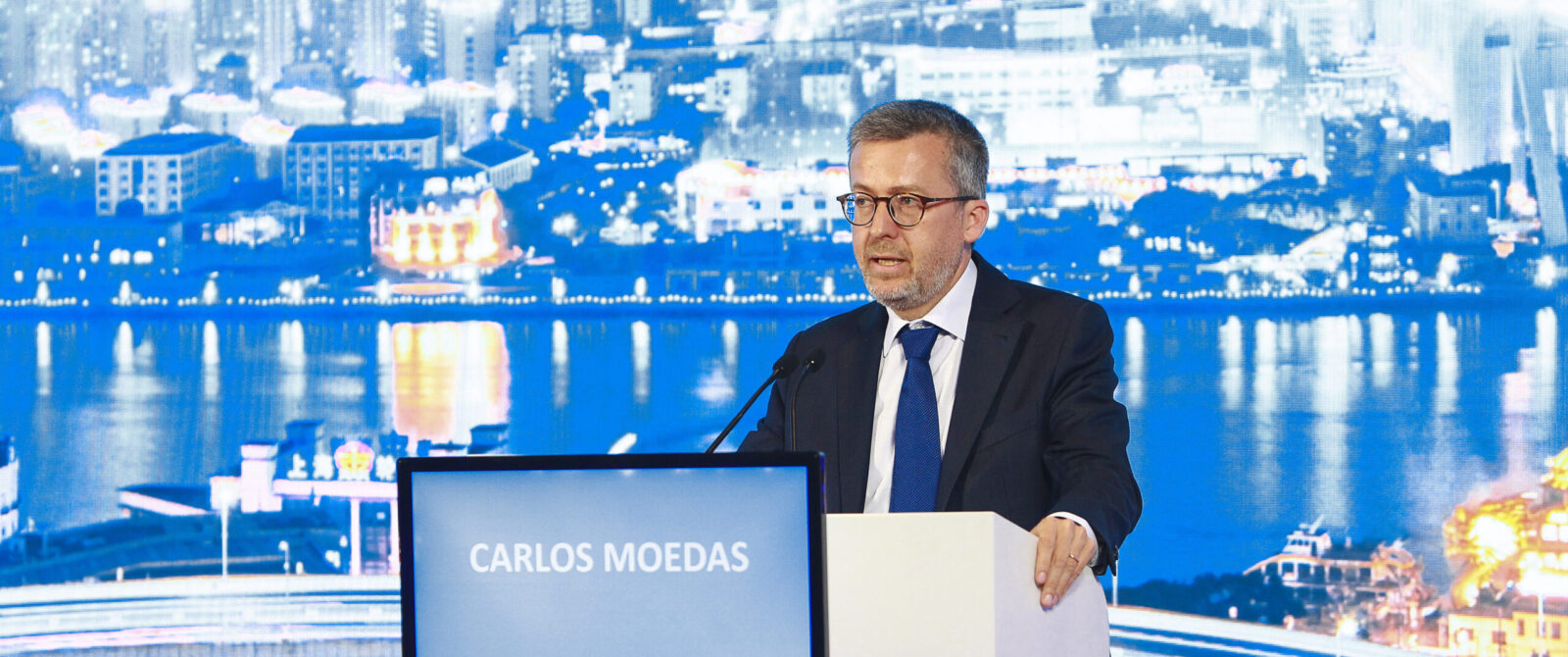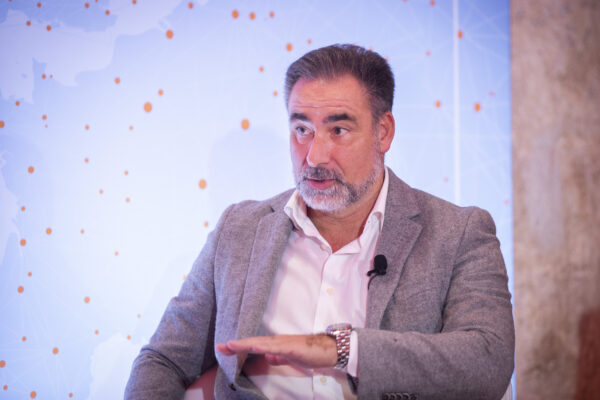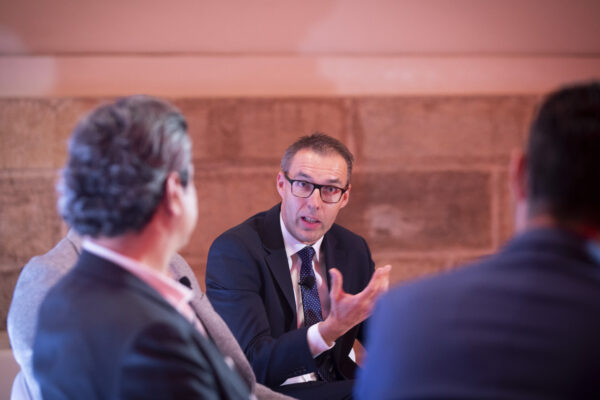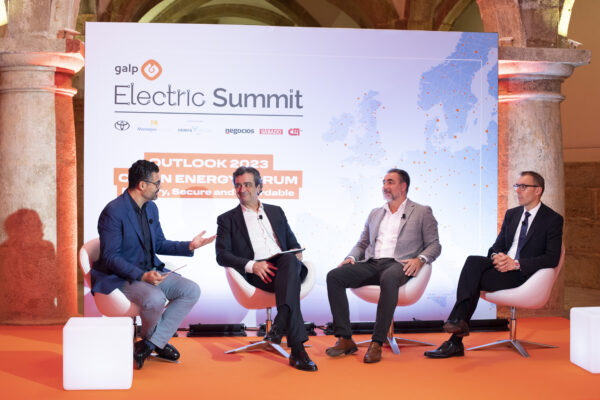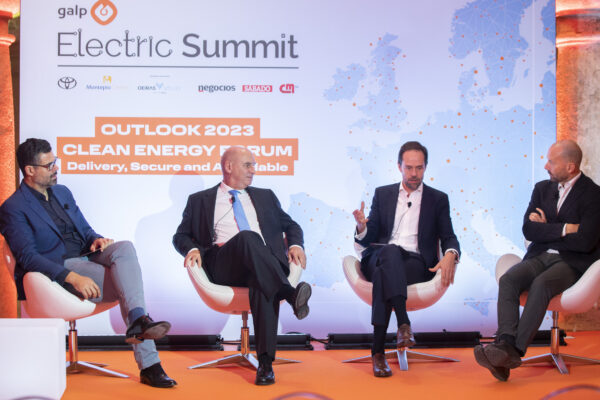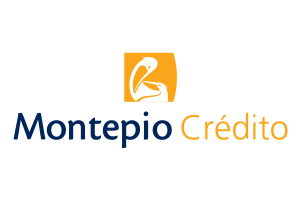The challenge of being able to publicise energy transition
Carlos Moedas, the mayor of Lisbon, is in no doubt that Europe is winning the economic and technological challenge of energy transition. The same cannot be said for the social challenge. He poses the question, “How good are we at conveying the message to people?”
The subject of climate change should not be politicised, says Carlos Moedas, the mayor of Lisbon. “It’s a challenge that we must all face.” He divides this challenge into three major areas: economic, technological and social.
In his speech, Carlos Moedas said that there used to be a negative correlation between combating climate change and economic growth, but that Europe has helped to debunk this idea. “If there is any correlation, it is a positive one rather than negative. From 1990 to 2020, growth in Europe rose 60% while its emissions fell by almost 25%”.
The mayor pointed out that the car manufacturing sector employs two million people, while green industry in Europe creates over six million jobs. This illustrates the scale of the sector.
Still on the theme of technology, he said that Europe has paved the way, but that this is not always understood. “We haven’t lost the race for green energies or cleantech. Three out of the four largest green industries in Europe are European. Funnily enough, the only one we ever hear about is Tesla, which is American.” This shows that Europe is somewhat lacking in publicising its achievements. “This shortfall means that Europe has often failed to take the lead, which doesn’t just involve technology and science because in those areas we are leading the way. It also requires Europe to take leadership in terms of communication.”
Therefore, although Carlos Moedas feels we are winning the economic and technological challenge, he accepts that Europe is failing the social aspect. “How good are we at conveying the message to people? How can we turn vague concepts into specific ones? How can each and every one of us feel that we are contributing towards this change in our daily lives?” Cities provide the largest platform to transform the European message. “For me”, he added, “cities are the platforms for right now, for action, for taking centre stage. They either will or won’t be able to convey the message.”
More than social initiatives
The problem, according to Carlos Moedas, is that many politicians thought that conveying the message would be tantamount to imposing it on people. In this regard, Europe ended up splitting into two types of politician: “Those who say they have the solution and want to impose it, and those who want to build it together with people.”
One of the examples given by the former EU commissioner was the idea of free public transport for the young and old – already available in Cascais – which should be regarded not as a social initiative but as a decarbonisation measure. “If Lisbon’s residents see this step as decarbonisation, then that has an effect on them. They know that each time they catch the bus they are contributing towards fighting climate change.” This language switch has to take place, shifting the goals of a neutral city onto citizens, specifically through this kind of very concrete measure. He cited Lisboa Solar as another example, a project whereby the local authority will not only consume solar energy via panels but also create energy communities which will benefit citizens, namely “in the poorest neighbourhoods which will therefore be able to pay less for their electricity.” This, he feels, is the “kind of story” which needs to be told. “A story of specifics, which can inspire.”
Carlos Moedas assured the audience that his role in Lisbon will always be to connect cities with people, so that they can grasp what’s being done. “If we manage to do this we will surely succeed.”


